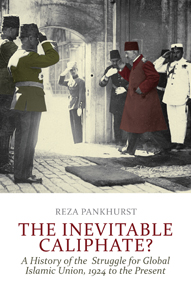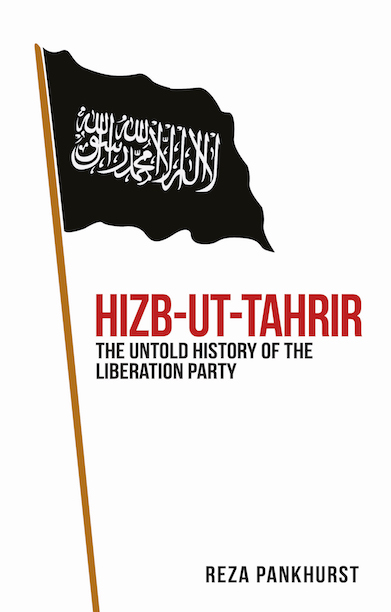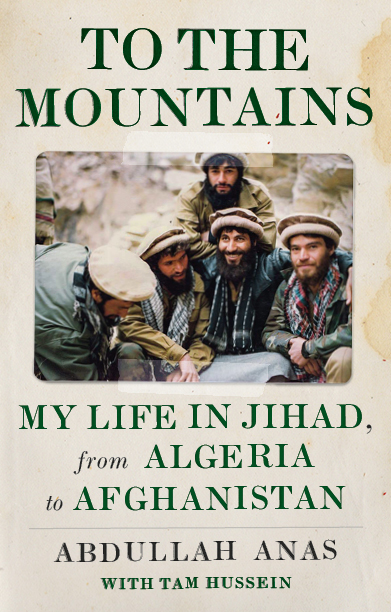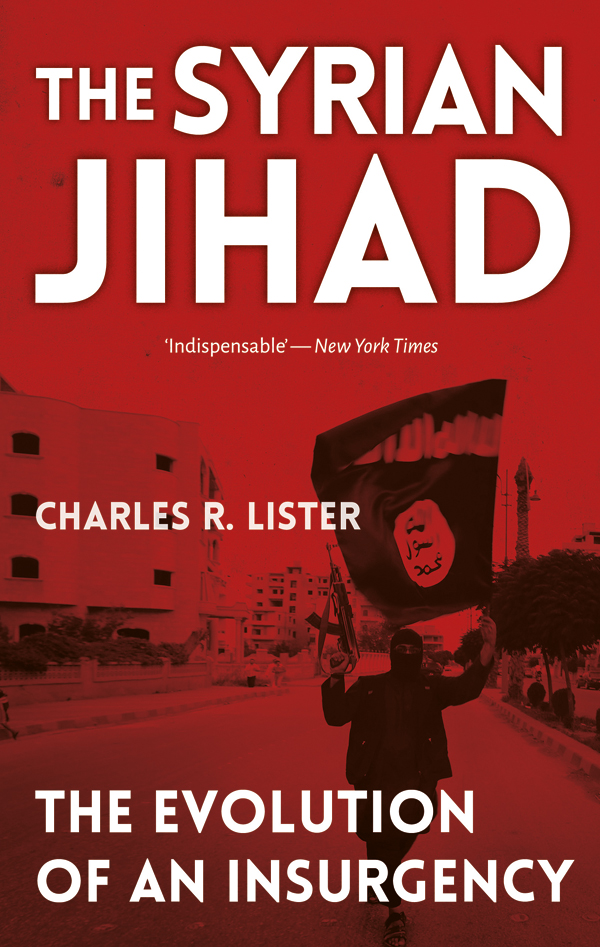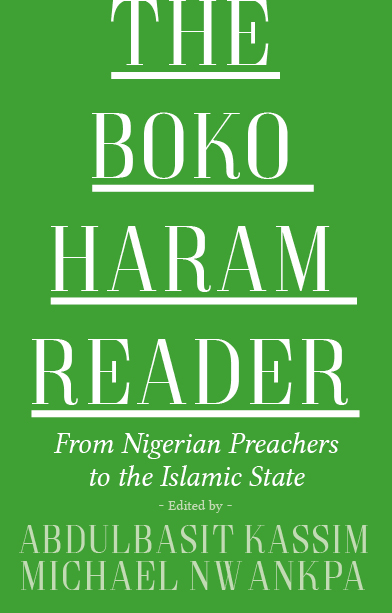The Inevitable Caliphate?
A History of the Struggle for Global Islamic Union, 1924 to the Present
BACK IN STOCK END OF MAY
Discusses the Caliphate in the ideas and discourse of the Muslim Brotherhood, Hizb ut-Tahrir and al-Qaeda.
Description
While in the West ‘the Caliphate’ evokes overwhelmingly negative images, throughout Islamic history it has been regarded as the ideal Islamic polity. In the wake of the ‘Arab Spring’ and the removal of long-standing dictators in the Middle East, in which the dominant discourse appears to be one of the compatibility of Islam and democracy, reviving the Caliphate has continued to exercise the minds of its opponents and advocates. Reza Pankhurst’s book contributes to our understanding of Islam in politics, the path of Islamic revival across the last century and how the popularity of the Caliphate in Muslim discourse waned and later re-emerged. Beginning with the abolition of the Caliphate, the ideas and discourse of the Muslim Brotherhood, Hizb ut-Tahrir, al-Qaeda and other smaller groups are then examined. A comparative analysis highlights the core commonalities as well as differences between the various movements and individuals, and suggests that as movements struggle to re-establish a polity which expresses the unity of the ummah (or global Islamic community), the Caliphate has alternatively been ignored, had its significance minimised or denied, reclaimed and promoted as a theory and symbol in different ways, yet still serves as a political ideal for many.
Reviews
‘Anyone trying to understand the current happenings in the Middle East could do worse than refer to the work. What they will find is a narrative that does not use western liberal democracy as the yardstick.’ — Huffington Post
‘Reza Pankhurst describes […] a long tradition in Islamic thought that views the Islamic State as an ideal, final fusion of religion and politics that will restore Muslim prestige. … [A]s Pankhurst argues, the Western concept of liberal democracy seems to have limited appeal in Muslim-majority countries in the Middle East and North Africa — as the widespread support for Islamist parties in the elections held after the Arab Spring demonstrated.’ — London Review of Books
‘A timely consideration of how the idea of the Caliphate has animated and inspired Muslim intellectuals and activists over the past century, and how it is used by various groups today. … A worthwhile read.’ — Hürriyet Daily News
‘Reza Pankhurst provides a unique and probing examination of modern thinking on the caliphate. … This detailed analysis of the ways in which the Muslim Brotherhood, Hizb ut-Tahrir, and al-Qaeda as well as smaller groups reformulate and use the concept today is both judicious and informed. It provides the most reliable guide avail- able to an idea and political symbol that holds attraction for many Sunni Muslims while inciting anxiety, even fear, among others, including many non-Muslims and Shi’a.’ –– Professor James Piscatori, Durham University
‘Over the course of the past decade, interest in the institution of the Caliphate has been revived among Muslims and non-Muslims alike, to an extent not seen since the tumultuous 1920s. But until now, no scholar has tried to examine systematically how the Caliphate has actually animated and inspired Islamic intellectuals and activists, or how alternative conceptions of the Caliphate have been formulated and fought over. Against this backdrop, Reza Pankhurst’s new book provides a carefully crafted and well documented treatment of the diverse ways in which the Caliphate has figured in the global politics of Islam over the past ninety years. Scholars and other readers interested in the possibilities for a truly transnational Islamic ummah should make sure to read this very illuminating and instructive book.’ — John T. Sidel, Sir Patrick Gillam Professor of International and Comparative Politics, London School of Economics and Political Science
‘Reza Pankhurst’s deftly argued, thought-provoking book addresses the significant yet neglected topic of the Islamic Caliphate, focusing on the attempts of Muslim thinkers and activists to resuscitate the institution following the collapse of the Ottoman Empire in the 1920s. What stands out is the author’s ability to situate the contributions of the Muslim Brotherhood, Hizb ut-Tahrir, Al-Qaeda, and other advocates of the Caliphate within the context of normative Islam, rather than weigh them against the yardstick of liberal democracy. This important book, which examines the Caliphate on its own terms, will challenge the way scholars and other observers of political Islam conceive their subject.’ — John Calvert, Associate Professor of History, Creighton University and author of Sayyid Qutb and the Origins of Radical Islamism
‘This is a learned and forcefully argued book, a must-read for those seeking to understand mobilisation for the Caliphate over the last century.’ — John Chalcraft, Reader in the History and Politics of Empire, London School of Economics and Political Science
‘In the wake of the Arab Awakening and the sustained re-imagination of political possibilities in the Middle East, The Inevitable Caliphate? is especially relevant reading. From Rabat to Riyadh Arabs have re-asserted the right to think about political alternatives, demonstrating the grassroots popularity of Islamic frameworks of legitimacy and laying the groundwork for a renewed and far-reaching conversation about Islamic governance paradigms. Ideas about the caliphate — as precedent, as social contract, as imagined community — are bound to shape and be shaped by these debates.’ — Alia Brahimi, Research Officer at the University of Oxford, and Research Fellow, London School of Economics and Political Science
‘The Inevitable Caliphate is a much-needed contribution to our understanding of the modern Caliphate as a political concept and goal. Reza Pankhurst has written a timely and useful book. It is a must-read for scholars, students and anyone who is interested in the post-1924 debate over the restoration of the Caliphate.’ — Emmanuel Karagiannis, Assistant Professor of International Relations, Department of Balkan, Slavic and Oriental Studies, University of Macedonia, and author of Political Islam in Central Asia: The Challenge of Hizb ut-Tahrir
‘An authoritative blend of historical fact married with current Islamic political thought, this book offers an excellent insight on the institution of the caliphate in Islam. Gripping, extremely learned, but accessible, this book is a must-read.’ — Shahrul Hussain, Lecturer in Islamic Studies, Markfield Institute of Higher Education, Leicestershire, UK
‘…a refreshingly original contribution to this misunderstood subject… [providing] a detailed and clear-sighted description and analysis of the origins of the three major Islamic movements, their ideological development and political posturing.’ — Mahan Abedin, Visiting Fellow at the New Delhi-based Institute for Defence Studies and Analysis, religion.info
Author(s)
Reza Pankhurst is a political scientist and historian, specialising in the Middle East and Islamic movements. He has a doctorate from the London School of Economics, where he previously completed his masters degree in the history of international relations.
